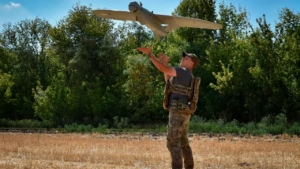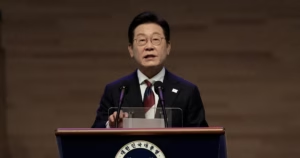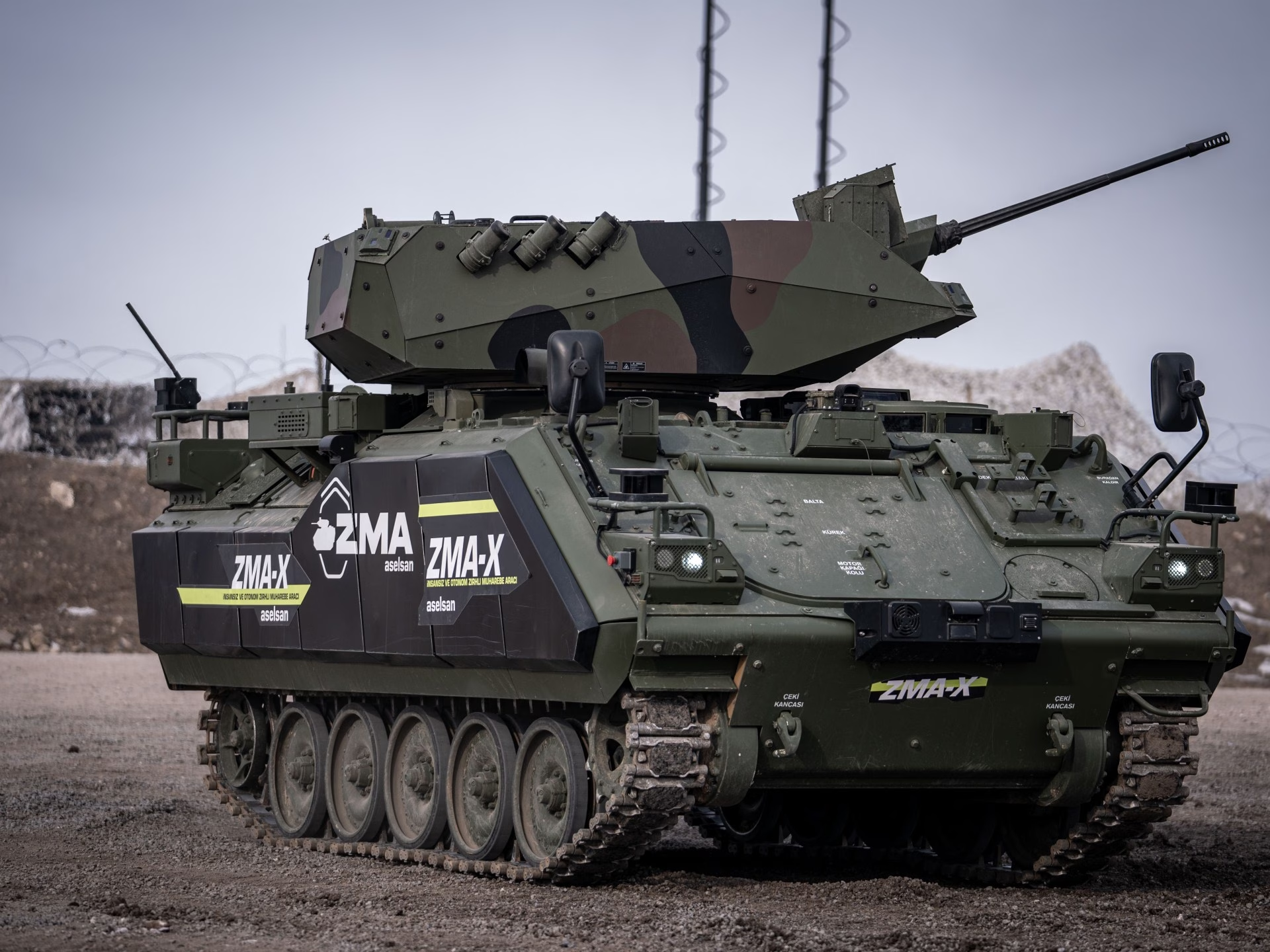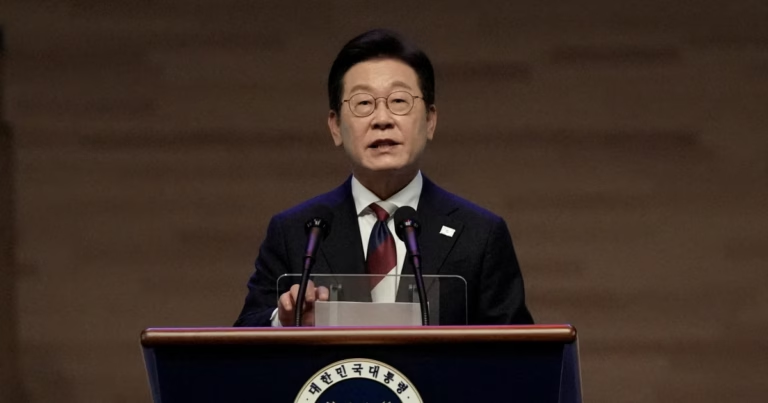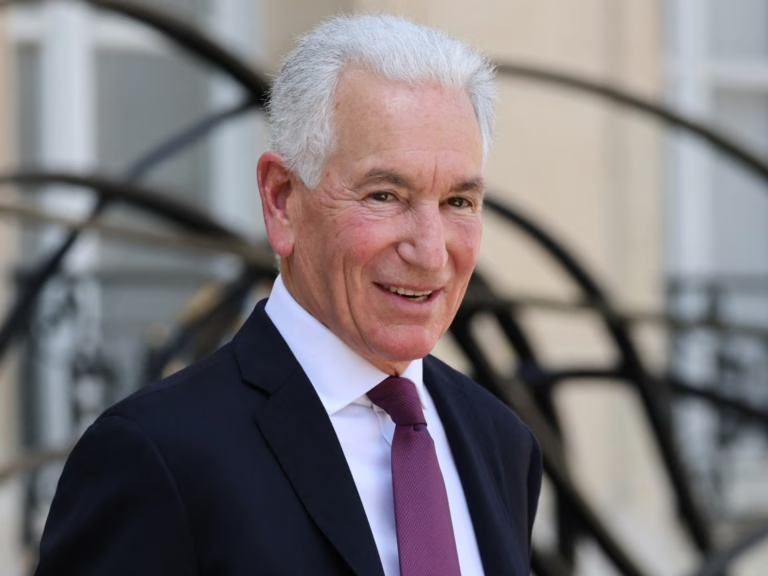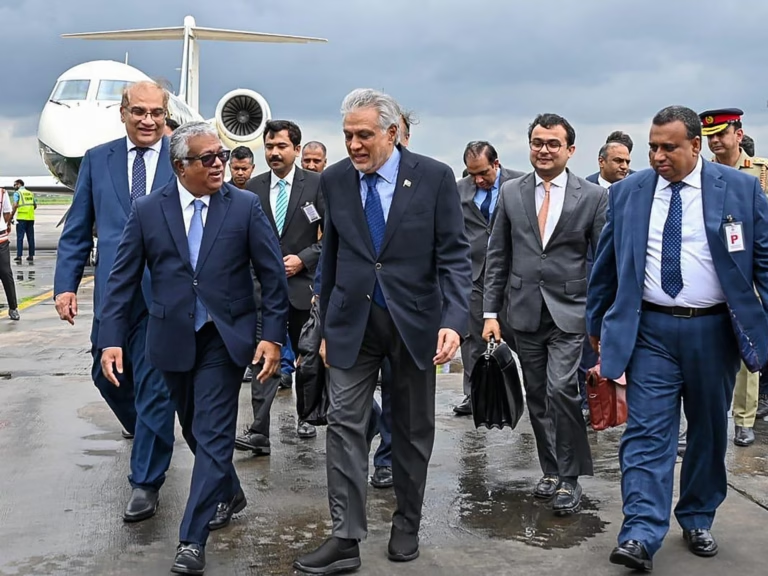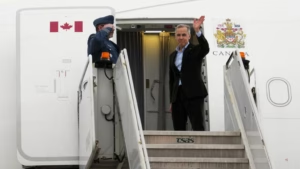Türkiye has always prioritized its defense, initially by purchasing and then by developing its own weapons. As the owner of NATO’s second-largest standing army, Turkiye has also emerged as a significant weapons exporter, with several of its products making a mark on the international market. Turkiye’s exports have grown from $1.9 billion a decade prior to reach $7.1 billion in 2024, with clients spread across Europe and the Middle East.
The origin of this growth lies in Turkiye’s pursuit of military self-sufficiency. A pivotal step in this direction was the establishment of the Defence Industry Development and Support Administration Office (SAGEB) in 1985. Initially, SAGEB focused on international collaboration in research and development. However, faced with restrictions on weapon purchases and their use, the focus switched to local production in the 2010s. This shift led to a significant increase in domestic defence production, with thousands of Turkish defence manufacturers now spanning land, air, and naval capabilities, earning increasing international recognition.
Turkish drones, such as the iconic Bayraktar TB2, are among the most famous Turkish defence products. There are also other notable types like the Anka-S and Vestel Karayel tactical UAVs. The country is also developing advanced military technologies, including the “Steel Dome” (Celik Kubbe) system and the first domestic fifth-generation fighter, the Turkish KAAN.
In addition to drones, Turkiye boasts a diverse military catalogue that includes the Altay main battle tank, mine-resistant vehicles like the Kirpi, and advanced naval production under the MILGEM project, which includes state-of-the-art corvettes and frigates. The naval fleet also includes the amphibious drone-carrying assault ship, the TCG Anadolu. The country’s military portfolio also encompasses a wide range of smart munitions, air defense systems, and missiles.
Turkiye’s push towards developing military hardware is driven by both internal and external forces. International arms embargoes in the 1970s and 1990s, as well as sanctions in 2020 over the purchase of the Russian S-400 air defense system, have played significant roles in this push. Today, Turkiye is home to about 3,000 weapons companies.
The export of Turkish military products has significantly grown, with exports now comprising 1.7 percent of global arms exports, positioning the country 11th in the ranking of the world’s defence exporters for the 2020-2024 period, according to the Stockholm International Peace Research Institute (SIPRI). The main clients for Turkish arms are the United Arab Emirates, Pakistan, and Qatar. Notably, the Bayraktar medium-altitude long-endurance drone has been exported to at least 31 countries. The ongoing investment in developing its own jet engines also marks a significant step towards greater self-reliance in weapon production, aiming to tackle international supply chain challenges.
Source: https://www.aljazeera.com/news/2025/3/17/heres-a-look-at-turkiyes-booming-defence-industry?traffic_source=rss
